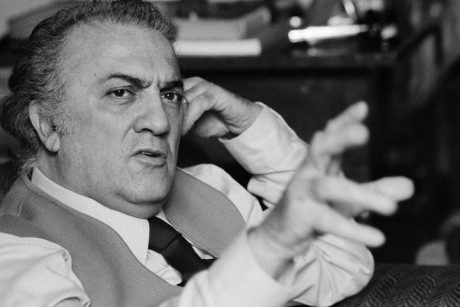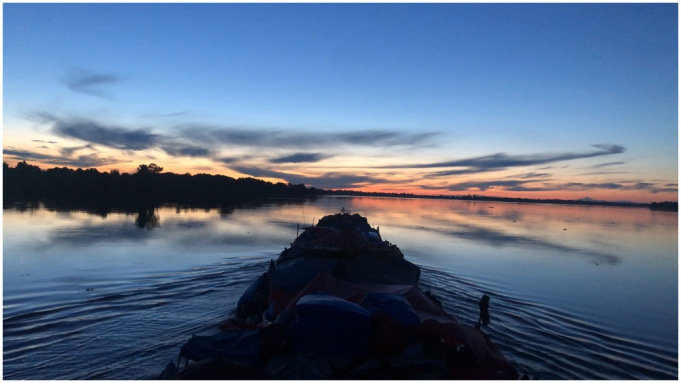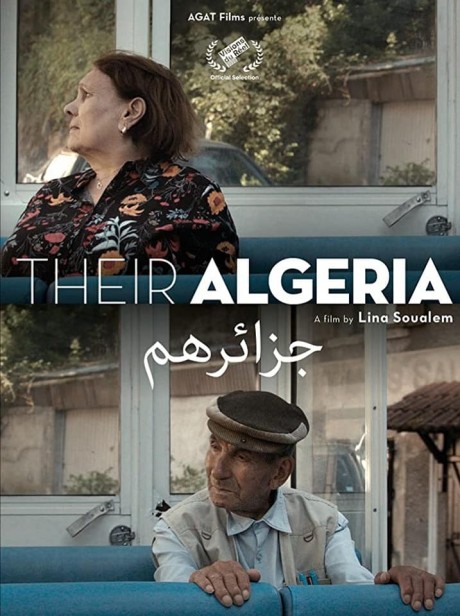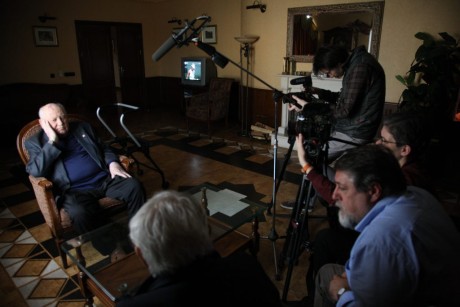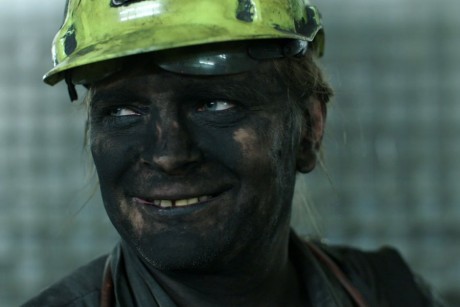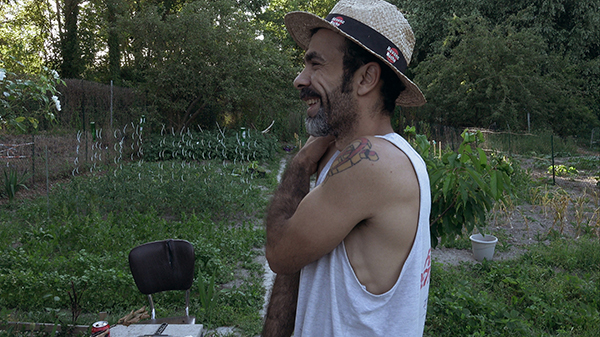Zane Balčus, film critic and journalist, colleague and manager of Baltic Sea Docs, writes for the FNE, Film New Europe, that I can only recommend warmly you to subscribe to if you want daily film news from Eastern and Central Europe. With her permission I copy paste the article:
Riga: International Documentary Film Festival Ardocfest / Riga will run from 26 November to 1 December in Riga. The screenings are planned to be held at the cinema Splendid Palace. The festival will have two competition sections – an international competition (with 21 films) and Baltic competition – Baltic Focus (films produced in or co-produced with Baltic countries, 8 films). All competition films will be Latvian premieres.
The main award of the Baltic Focus competition will be named Herz, honouring Latvian documentary filmmaker Hercs Franks (1926 – 2013).
On the jury of the international competition will be Russian-American journalist Vladimir Pozner, the director of the National Film Centre of Latvia Dita Rietuma, and journalist of music and politics Artemy Troitsky, who is currently based in Estonia. Baltic Focus will be judged by film consultant Tue Steen Müller (Denmark), director Alina Rudnitskaya (Russia), and associate professor of University of Cagliari Massimo Tria (Italy).
Artdocfest was established in Russia in 2007. Since 2015 it was partnering with Riga International Film Festival as a non-competitive section of documentary films, but since 2018 it was running as an international documentary competition section within Riga IFF. Organizers of Ardocfest / Riga has an ambition to become an important cultural and documentary film event in the Baltics and broader Eastern European region. Along with the film competition programme, the festival will have out of competition screenings, a symposium dedicated to theoretical discussions on documentary cinema.
Out of competition programme will include latest film by the festival’s president, director Vitaly Mansky Gorbachev. Paradise.
International Competition programme:
Breaking into Baikonur / Vtorgnennia na Baikonur (Ukraine, 2020)
Directed by Dmitriy Gromov, Angel Angelov
Bitter Love (Sweden, Poland, Finland, 2020)
Directed by Jerzy Sladkowski
Garage People / Garagenvolk (Germany, 2020)
Directed by Natalya Efimkina
Gunda (Norway, USA, 2020)
Directed by Victor Kossakovsky
Gift / Dar (Russia, 2020)
Directed by Valentin Sidorenko
Joy / Dzhoi (Russia, 2020)
Directed by Darya Slyusarenko
The Earth is Blue as an Orange / Zemlia blakitna, nibi apel’sin (Ukraine, Lithuania, 2020)
Directed by Iryna Tsilyk
Co-produced by Moonmakers
Supported by the Lithuanian Film Centre
The Whale from Lorino / Wieloryb z Lorino (Poland, 2019)
Directed by Machey Kuske
Produced by Pokromski Studio
The Foundation Pit / Kotlovan (Russia, 2020)
Directed by Andrey Gryazev
Kunashir (France, 2019)
Directed by Vladimir Kozlov
A Boy / Malchik (Russia, 2020)
Directed by Vitaliy Akimov
It’s Night Outside (Belgium, 2020)
Directed by Lea Tonner, Caroline Guimbal
I Need the Handshakes (Poland, Belarus, 2020)
Directed by Andrei Kutsila
Produced by Belsat TV
Dad / Papa (Russia, 2020)
Directed by Valeriya Gay Germanika
Don’t Hesitate to Come for a Visit, Mom (Belgium, Hungary, Portugal, Russia, 2020)
Directed by Anna Artemyeva
Stasya is me / Stasia – eto ia (Russia, Ukraine, 2020)
Directed by Stasya Grankovskaya
Shadows of Your Childhood / Teni tvoego detstva (Russia, 2019)
Directed by Mihail Gorobchuk
Silent Voice (France, 2020)
Directed by Reka Valerik
Daybreak, sunset, cow milk / Utro, vecher, moloko (Russia, 2020)
Directed by Marina Fomenko
Time is (Belgium, 2019)
Directed by Zaur Kurazov
Beaumonde scrapping / Chermet (Russia, 2020)
Directed by Nikolay N. Viktorov
Baltic Focus competition:
The Jump / Šuolis (Lithuania, Latvia, France, 2020)
Directed by Giedrė ickytė
Produced by Moonmakers
Co-produced by VFS Films
Supported by the Lithuanian Film Centre, the National Film Centre of Latvia
The Weight of All the Beauty / Süda Sõrve Sääres (Estonia, 2019)
Directed by Eeva Mägi
Produced by Alasti Kino
Supported by the Estonian Film Institute
Meanwhile on Earth (Sweden, Denmark, Estonia, 2020)
Directed by Carl Olsson
Co-produced by Allfilm
Supported by the Estonian Film Institute
Restless Memories / Nemierīgās atmiņas (Latvia, 2020)
Directed by Elina Lange-Ionatamishvili
Co-produced by Mistrus Media
One Life / Vienas gyvenimas (Lithuania, 2019)
Directed by Marija Stonytė
Produced by Moonmakers
Supported by the Lithuanian Film Centre
A Loss of Something Ever Felt / Üht kaotust igavesti kandsin (Estonia, Sweden, Colombia, 2020)
Directed by Carlos E. Lesmes, Liis Nimik
Produced by Alasti Kino
Supported by the Estonian Film Institute
Lobster Soup (Spain, Iceland, Lithuania, 2020)
Directed by Rafael Molés, Pepe Andreu
Co-produced by Studio Nominum
Supported by the Lithuanian Film Centre
The Circle / Südamering (Estonia, 2019)
Directed by Margit Lillak
Produced by Allfilm
Supported by the Estonian Film Institute
http://www.filmneweurope.com
https://artdocfest.com/en/event/idff-artdocfest—riga/



